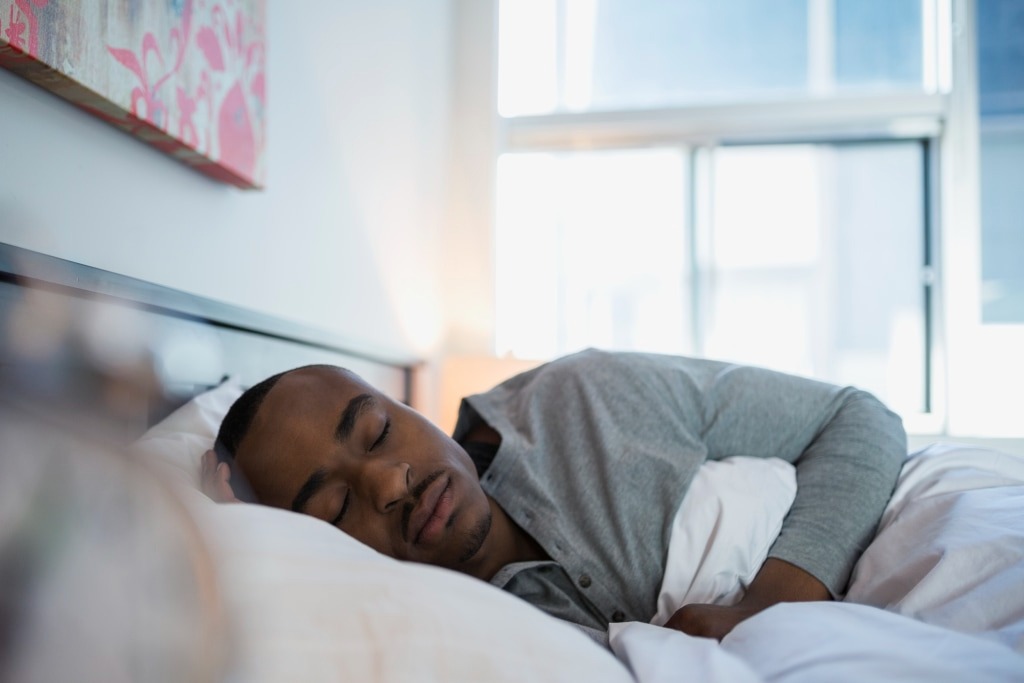Why Daily Routines Matter for Mental Health
Our brains thrive on structure and positive reinforcement. When we establish healthy routines, we:
✅ Reduce decision fatigue (fewer "What should I do now?" moments).
✅ Lower stress hormones by creating predictability.
✅ Build resilience against anxiety and overwhelm.
Think of these habits like mental hygiene—just as brushing your teeth prevents cavities, these practices prevent burnout and emotional exhaustion.
1. Start Your Day With Intention (Not Your Phone)
The problem: Grabbing your phone first thing floods your brain with stressors—emails, news, social comparisons.
The fix: Give yourself 10 minutes of calm before diving into the digital world. Try:
-
Deep breathing (inhale for 4 seconds, hold for 4, exhale for 6).
-
Gratitude journaling (write 3 things you’re thankful for).
-
Sunlight exposure (step outside to regulate your circadian rhythm).
Example: Instead of checking notifications, try stretching for 5 minutes while sipping water. You’ll feel more centered before the chaos begins.
2. Move Your Body—Even Just a Little
Exercise isn’t just for physical health—it’s a natural antidepressant. You don’t need a gym membership; just get your blood flowing.
Easy ways to incorporate movement:
-
10-minute walk (outside if possible—nature boosts mood).
-
Dance breaks (put on a favorite song and shake out tension).
-
Stretching or yoga (great for reducing cortisol).
Why it works: Physical activity releases endorphins (feel-good chemicals) and helps "burn off" nervous energy.
3. Set Boundaries With Screens
Endless scrolling = mental clutter. Try these digital detox habits:
-
No screens 30 minutes before bed (blue light disrupts sleep).
-
Designate "phone-free zones" (e.g., dinner table, bedroom).
-
Schedule "doomscroll blocks" (limit news/social media to set times).
Pro tip: Replace late-night scrolling with a book, podcast, or calming tea ritual.
4. Practice Micro-Mindfulness
You don’t need hours of meditation—small moments of presence add up.
Try the "5-4-3-2-1" grounding technique:
-
5 things you see.
-
4 things you can touch.
-
3 things you hear.
-
2 things you smell.
-
1 thing you taste.
Use this when feeling anxious to snap back to the present.
5. End Your Day With a Wind-Down Routine
Sleep quality directly impacts mental health. Improve it with:
-
A brain dump journal (write down worries to "park" them overnight).
-
Gentle stretches or reading (avoid stimulating activities).
-
Dim lights (signal to your brain that it’s time to rest).
Bonus: Try a "worry window"—set aside 5 minutes earlier in the day to process stressors, so they don’t keep you up at night.
6. Connect With Someone (Even Briefly)
Loneliness worsens anxiety and depression. Prioritize small moments of connection:
-
Text a friend a meme or voice note.
-
Chat with a coworker (not just about work).
-
Pet an animal—interacting with pets lowers stress hormones.
Note: Quality > quantity. One meaningful interaction beats 50 superficial ones.
7. Do One Thing Just for Fun
When life feels like a to-do list, joy gets pushed aside. Schedule something small and pleasurable daily, like:
-
Doodling or coloring.
-
Singing in the shower.
-
Trying a new recipe (even if it’s simple).
Remember: Play isn’t just for kids—it’s a mental health necessity.
8. Reframe Negative Self-Talk
We’re often our own harshest critics. Challenge automatic negative thoughts with:
-
"Would I say this to a friend?"
-
"What’s the evidence for/against this thought?"
-
"What’s a kinder way to phrase this?"
Example: Instead of "I’m terrible at this," try "I’m still learning."
Final Thought: Small Steps, Big Shifts
Mental health isn’t about grand gestures—it’s the daily micro-habits that add up. You don’t have to do everything at once. Start with one or two of these routines, and notice how they make you feel.
Your challenge today:
-
Pick one habit from this list.
-
Practice it for 3 days straight.
-
Reflect: Did it make a difference?
Over time, these small changes create a happier, calmer, and more resilient mind. You’ve got this. 💙









